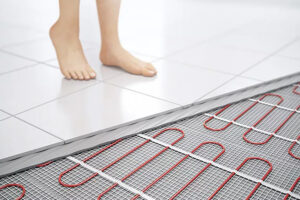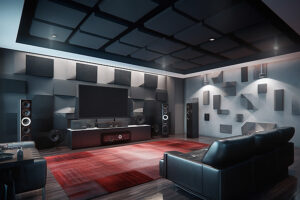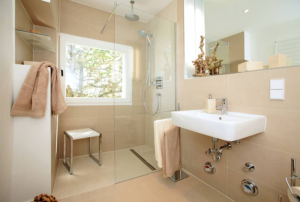What is the effect of nutrition on Bowel movements?

What is the effect of nutrition on Bowel movements
Have you ever had to go to the bathroom after eating? Sometimes, it can feel like the food is “passing by”. But is it so? When you feel the urge to poop after eating, it’s not your last bite that sends you running to the bathroom. Digestion time varies from person to person; for example, your age, gender, and medical conditions may also affect digestion. Generally, it takes 2 to 5 days after eating for food to pass through your body as faecal matter, according to the Mayo Clinic.
However, considering multiple factors are involved in the digestive process, it isn’t easy to correctly calculate the digestion time. Women also tend to digest their food more slowly than men.
It can be up to 30 feet long in adults; it is pretty long for food to pass through you. However, if you experience an urge to define the entire digestive system ecate immediately after eating, you most likely have a gastrocolic reflex.
Defecate after every meal
The gastrocolic reflex is a normal body reaction when eating food at different intensities.
When food reaches your stomach, your body releases certain hormones. These hormones tell your colon to contract to move food through and out of your body. This makes room for more food.
The effects of this reflex can be mild, moderate or severe and can vary by person.
Causes of the frequent gastrocolic reflex
Some people experience this reflex more often and more intensely than others.
Research has shown that certain digestive disorders, such as irritable bowel syndrome (IBS), speed the passage of food through the colon after eating.
Certain foods and digestive disorders can trigger particularly strong or long-lasting effects of the gastrocolic reflex. They include:
- Anxiety
- Celiac Disease
- Crohn’s disease
- Fatty food
- Food allergy and intolerance
- Gastritis
- Irritable bowel syndrome
- Inflammatory bowel disease (IBD)
When these disorders worsen your gastrocolic reflex, you will usually experience other symptoms, such as:
- Abdominal pain
- Bloating that is relieved or partially relieved by passing gas or having a bowel movement
- Frequent urge to pass gas
- Diarrhoea or constipation, or alternating diarrhoea and constipation
- mucus in stool
Sudden bowel movements after eating vs diarrhoea and incontinence
Sometimes you may feel the urge to have a bowel movement unrelated to your gastrocolic reflex. This could be the case when you have diarrhoea.
Diarrhoea usually lasts a few days. It can signify an infection or digestive disorder when it lasts for weeks. Common causes of diarrhoea include:
- Virus
- Bacteria and parasites, from eating contaminated food or from not washing your hands well
- Medications, such as antibiotics
- Food intolerance or allergy
- Consume artificial sweeteners
- After abdominal surgery or gallbladder removal
- Digestive disorders
Faecal incontinence can also cause an urgent need to have a bowel movement. People with incontinence cannot control their bowel movements; sometimes, stool passes from the rectum with little or no warning.
Incontinence can range from leaking a little stool from passing gas to complete loss of control over the intestines. Unlike the gastrocolic reflex, a person with incontinence could have a bowel movement unexpectedly at any time, even if they haven’t eaten recently.
Some common causes of incontinence include:
- Muscle damage to the rectum can happen during childbirth, from chronic constipation or from surgeries.
- Nerve damage in the rectum. It could be the nerves that detect stool in your rectum or the ones that control your anal sphincter. Childbirth, straining during bowel movements, spinal injuries, stroke, or certain diseases such as diabetes can cause this nerve damage.
- Diarrhoea. It is more challenging to keep in the rectum than soft stools.
- Damage to the rectal walls. This reduces the amount of faecal matter that can be retained.
- Rectal prolapse. The rectum comes out of the anus.
- Rectocele. In women, the rectum exits through the vagina.
Treatment and prevention
Although it is not possible to prevent the gastrocolic reflex, there are things you can do to make it easier to live with.
First, consider when you experience the gastrocolic reflex and what you have eaten before it happens.
If you notice a pattern between eating certain foods and your gastrocolic reflex getting stronger, avoiding these foods may help reduce the intensity.
Some common trigger foods include:
- Dairy
- High-fibre foods, such as whole grains and vegetables
- Fatty foods, such as French fries
Stress is a common trigger of the gastrocolic reflex. Managing your stress can help you control your gastrocolic reflex.
When you should call your doctor
Most people experience some form of gastrocolic reflex from time to time.
See your doctor if you experience a constant change in your bowel habits or if you constantly have an urge to go to the bathroom after eating. They can determine the underlying cause and give you the appropriate treatment.





